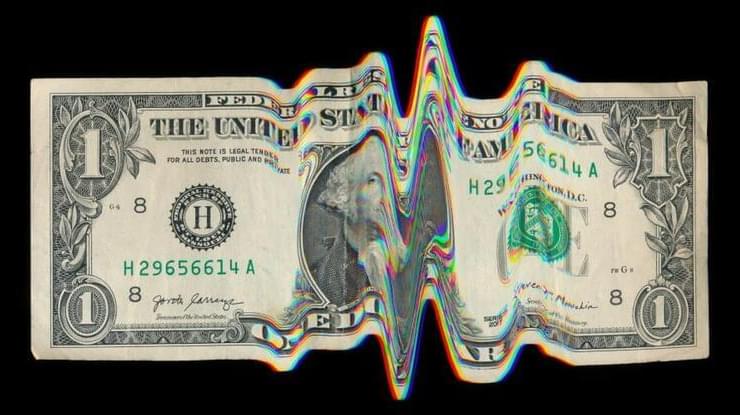On Monday, hackers exploited a basic vulnerability in the code of Nomad — a crypto “bridge” that allows customers to transfer cryptocurrencies between different blockchains — getting away with roughly $190 million in user investments, CNBC reports.
This hack is just the latest in a string of attacks on crypto bridges, platforms that, according to CNBC, have collectively lost more than $1 billion to hackers in 2022 alone.
Given that Nomad markets itself as a “secure” platform, the company definitely has a lot of explaining to do.







